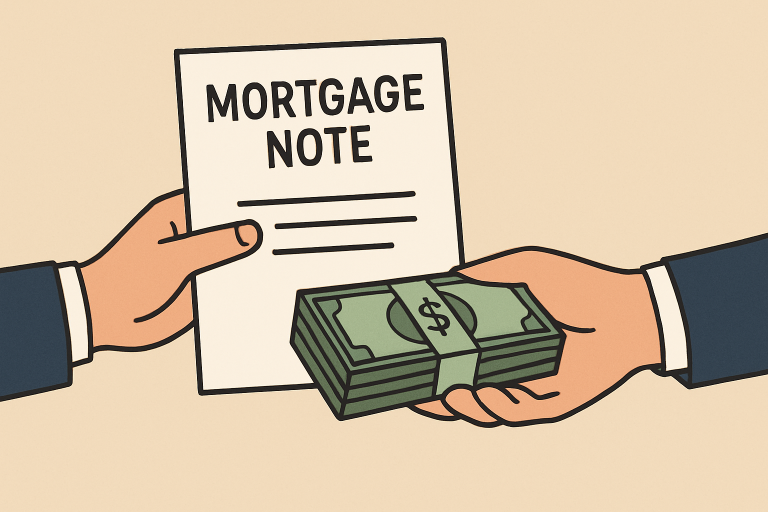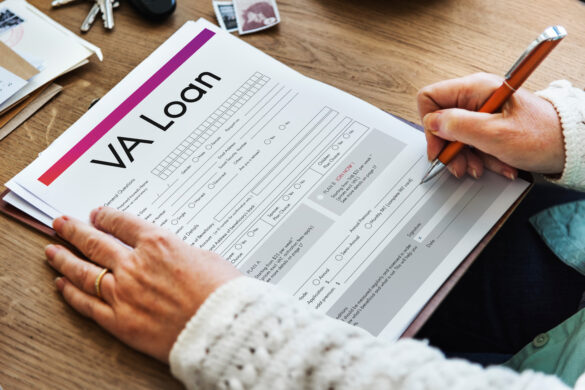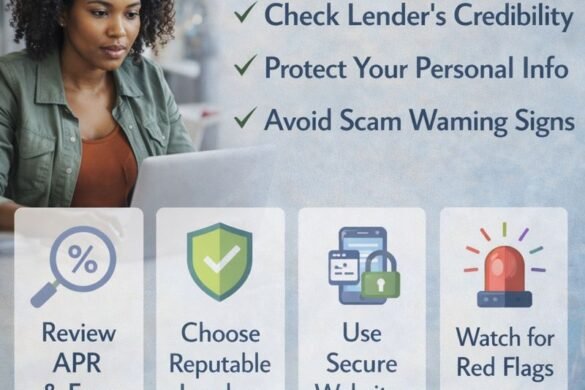How to Choose the Right Buyer for Your Mortgage Note
Deciding to sell your mortgage note can unlock vital cash flow and help you achieve new financial objectives. However, the success of your transaction depends on selecting a trustworthy buyer with transparent practices and a proven track record. If you’re looking to sell mortgage note for cash, it’s essential to understand the best practices in evaluating potential buyers and recognize possible pitfalls along the way. The right buyer can make the process seamless and rewarding, while the wrong one can lead to disappointment, lost value, or even legal trouble. This comprehensive guide outlines the key steps to ensure a safe and profitable sale.
Understanding Mortgage Notes
A mortgage note is a legal, binding agreement between a lender and a borrower that details the terms of a property loan. This document sets forth the loan amount, interest rate, payment schedule, and repercussions for default, effectively stating the borrower’s promise to repay the loan as outlined. Mortgage notes are valuable assets that can be bought and sold in secondary markets. For note holders, a sale means immediate liquidity and the need to ensure a fair deal with a reputable party. Fundamental knowledge about mortgage notes empowers you to make informed decisions throughout the selling process.
Why Sell Your Mortgage Note?
There are compelling reasons people choose to sell their mortgage notes. Here are the most common:
- Immediate Cash Flow: Rather than waiting years for gradual repayment, converting your note lets you receive a lump sum for other investments, debt reduction, or personal needs.
- Risk Mitigation: Selling eliminates the uncertainties of borrower default and protects you from future market fluctuations affecting your note’s value.
- Administrative Relief: Selling means you will no longer be responsible for collecting payments, tracking schedules, or navigating legal complexities.
Another benefit is that the new note holder has shifted responsibility for future problems, such as legal or property-related issues. For more information about why this financial strategy is often chosen, Bankrate has a helpful guide.

Key Criteria for Selecting a Buyer
Selecting a legitimate buyer is crucial for success. Key criteria include experience, transparency, accreditation, and customer reviews. Look for buyers with a solid industry history and a proven record of fair transactions. Trustworthy buyers clearly explain their processes, including value estimation, costs, and timelines. Verify their credentials with financial regulators to avoid fraudulent practices. Customer reviews and references from previous sellers can also provide valuable insight. High ratings, positive testimonials, and willingness to provide references are indicators of a buyer’s reliability and professionalism.
Red Flags to Watch Out For
Be alert for these warning signs that could indicate a risky or untrustworthy mortgage note buyer:
- Upfront Fees: Authentic buyers never require processing, evaluation, or other upfront fees. Any company demanding payment before purchase is likely a suspect.
- Pressure Tactics: Avoid buyers who urge hasty decisions or create a sense of urgency. Ethical professionals will give you the time needed to make an informed choice.
- Lack of Transparency: If a prospective buyer is vague about terms, fees, or valuation, move on. You deserve straightforward, detailed information before proceeding.
Steps to Evaluate Potential Buyers
Taking a systematic approach increases your chances of securing a smooth and fair transaction:
Research and Compare: Use independent review platforms to create a shortlist of buyers and compare offerings, fee structures, and reputation.
Verify Credentials: Confirm licensing and accreditations through your state’s financial regulatory authority.
Request Proposals: Approach candidates for formal written proposals detailing all terms and contingencies so you can compare offers accurately.
Consult Professionals: Have a financial advisor or attorney review your top proposals. Their expertise will help you avoid legal or financial surprises and ensure a fair deal.
Conclusion
Selling your mortgage note is a significant step that requires careful planning and due diligence. With a clear understanding of what makes a high-quality buyer—and warning signs of potential trouble—you’ll be prepared to navigate the process confidently. Research thoroughly, rely on professional advice, and never rush your decision; a secure and lucrative transaction awaits when you prioritize transparency, experience, and trustworthiness.









